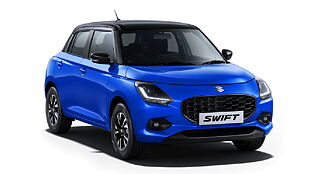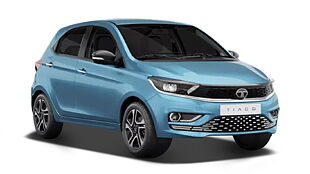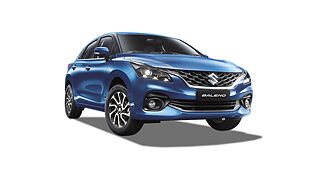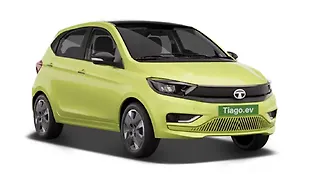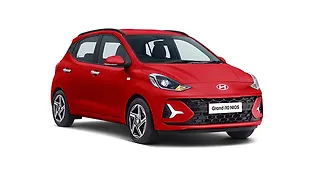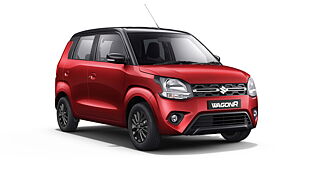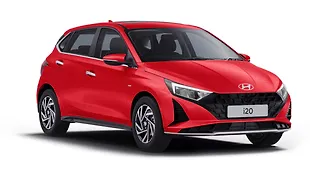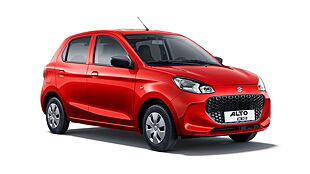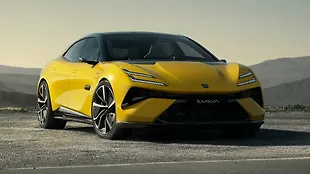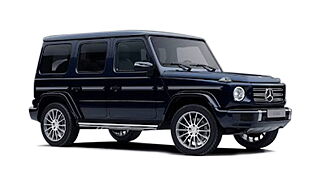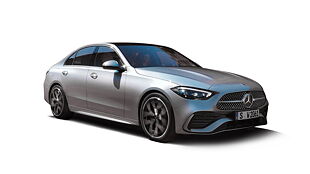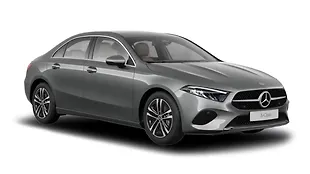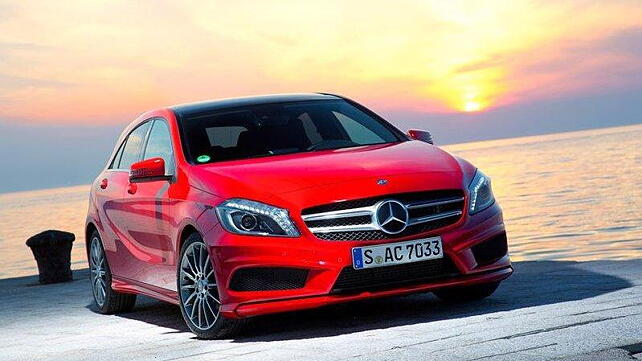
Daimler has decided to develop three-cylinder engines for the future range of Mercedes-Benz hybrid cars. The revelation was made by Bernhard Heil, Daimler’s head of powertrain development. The engines will be used in front-wheel-drive (FWD) compact vehicles based on the company’s modular front architecture (MFA) platform.

The compactness of a three-cylinder engine has many advantages in a hybrid car. The one less cylinder makes room for the additional electric motor and the equipment of a hybrid car. While Mercedes-Benz still considers a three-pot engine inadequate to power a car on its own, the grunt combined with an electric motor will be more than enough to propel the FWD cars.
Mercedes-Benz will continue to employ four-cylinder engines for all its rear-wheel-drive cars (RWD) hybrid cars like the C-Class, the E-Class and the S-Class. As the engine is longitudinally mounted, these cars have adequate room to accommodate the extra equipment.

Besides three-cylinder engines, Mr Heil also revealed that the company is developing small petrol engines in collaboration with Renault. These engines will be used its FWD compact cars, the A-Class, B-Class, the CLA-Class and the GLA-Class. Mercedes-Benz currently employs the French carmakers 1.5-litre turbocharged diesel engine for its compacts cars sold in Europe.
Though emissions figures aren’t one of the influencing factors in the Indian market, customers in foreign markets do take them seriously. With the rising popularity of hybrid vehicles, manufacturers are exploring all avenues for cutting costs. Also a growing number of manufacturers are turning to lower capacity compact engines to make the cars more efficient and to reduce emissions. Ford did it with the EcoBoost range of engines and GM with the Ecotec. For Mercedes-Benz though, it might take another couple of years to put these new engines into production.

![Mercedes-Benz A-Class [2013-2015] Image Mercedes-Benz A-Class [2013-2015] Image](https://imgd.aeplcdn.com/272x153/cw/cars/mercedese/a-class.jpg?q=80)
![Mercedes-Benz B-Class [2012-2015] Image Mercedes-Benz B-Class [2012-2015] Image](https://imgd.aeplcdn.com/272x153/cw/ec/10811/MercedesBenz-BClass-20122015-Exterior-80431.jpg?wm=0&q=80)
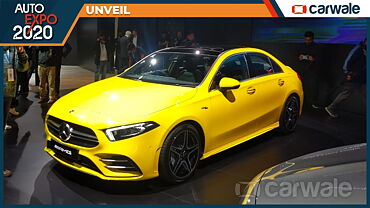




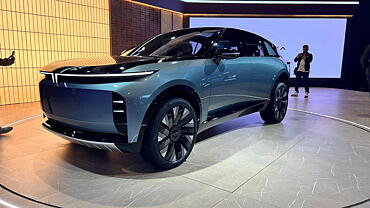

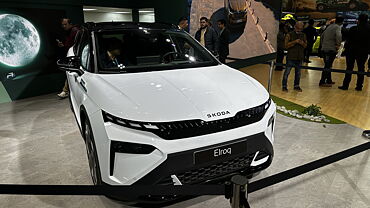


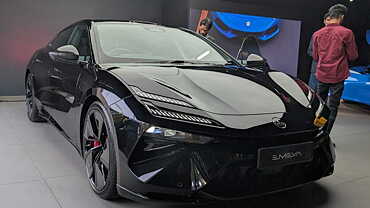


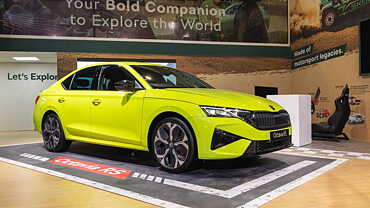
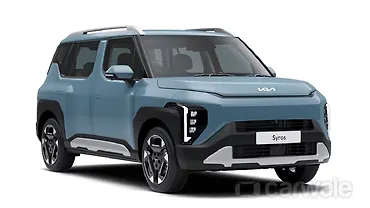
![Mercedes-Benz A-Class [2013-2015] Right Front Three Quarter Mercedes-Benz A-Class [2013-2015] Right Front Three Quarter](https://imgd.aeplcdn.com/199x112/ec/10/6f/10582/img/m/Mercedes-Benz-A-Class-Right-Front-Three-Quarter-50073_ol.jpg?v=201711021421&q=80)
![Mercedes-Benz A-Class [2013-2015] Right Front Three Quarter Mercedes-Benz A-Class [2013-2015] Right Front Three Quarter](https://imgd.aeplcdn.com/199x112/ec/10/6F/10582/img/l/Mercedes-Benz-A-Class-Right-Front-Three-Quater-17457.jpg?v=201711021421&q=80)
![Mercedes-Benz A-Class [2013-2015] Right Front Three Quarter Mercedes-Benz A-Class [2013-2015] Right Front Three Quarter](https://imgd.aeplcdn.com/199x112/ec/10/6F/10582/img/l/Mercedes-Benz-A-Class-Right-Front-Three-Quater-17479.jpg?v=201711021421&q=80)
![Mercedes-Benz A-Class [2013-2015] Dashboard Mercedes-Benz A-Class [2013-2015] Dashboard](https://imgd.aeplcdn.com/199x112/ec/10/6F/10582/img/l/Mercedes-Benz-A-Class-Dashboard-17454.jpg?v=201711021421&q=80)
![Mercedes-Benz A-Class [2013-2015] Steering Wheel Mercedes-Benz A-Class [2013-2015] Steering Wheel](https://imgd.aeplcdn.com/468x263/ec/10/6F/10582/img/l/Mercedes-Benz-A-Class-Steering-Wheel-17464.jpg?v=201711021421&q=80)


